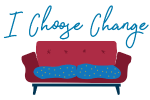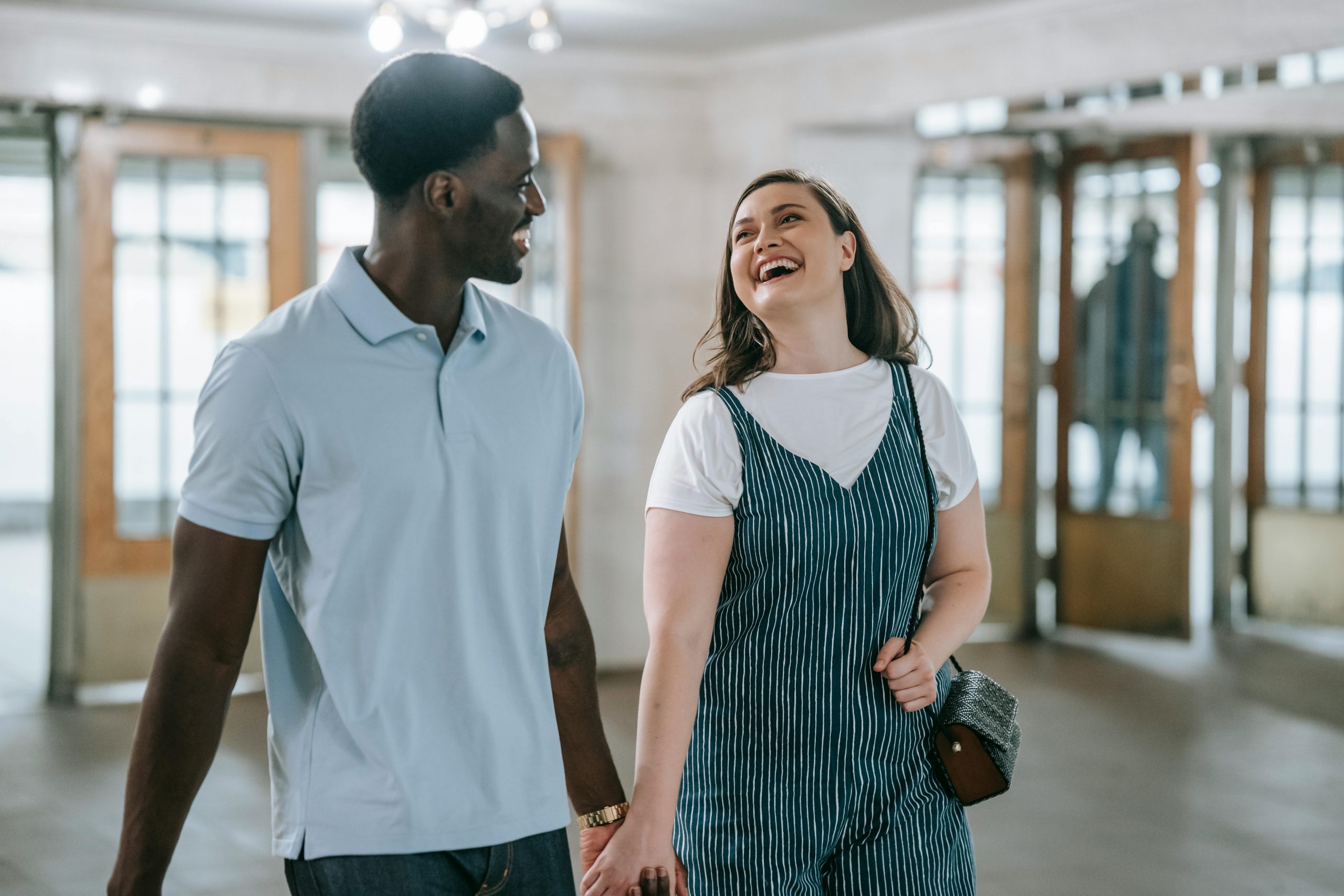Loving someone with ADHD can feel like living inside a whirlwind—exciting, unpredictable, and occasionally exhausting.
ADHD affects more than focus and organization; it also influences communication patterns, emotional regulation, and daily routines. That means it doesn’t just impact work or school—it impacts relationships, too.
ADHD can create misunderstandings: one partner may feel neglected, while the other feels constantly criticized or misunderstood.
These dynamics aren’t about lack about lack of love. On the contrary, the ADHD brain has different wiring. Understanding this can minimize friction with connection and frustration with intimacy.
How ADHD Impacts Relationships
Just as in other areas of life, ADHD often plays out in romantic relationships through inconsistent attention, forgetfulness, impulsivity, emotional reactivity, and difficulty following through on commitments.
The partner with ADHD might miss anniversaries or zone out during conversations. They will leave unfinished chores, which can make their non-ADHD partner feel undervalued or alone in the relationship.
At the same time, the ADHD partner may feel constantly criticized, micromanaged, or “never good enough,” which can trigger shame and withdrawal. This creates what researchers call the “parent–child dynamic,” where one partner becomes the “responsible” one and the other the “chaotic” one.
Over time, resentment can quietly replace connection if the cycle isn’t addressed.
Build Understanding and Compassion
Breaking this pattern starts with knowledge.
ADHD is a neurodevelopmental condition involving differences in executive function, impulse control, and emotional regulation. The brain of an ADHD person will never change.
- Approach your partner with curiosity instead of judgment.
- Assume good intentions even when follow-through falters.
- Use “I feel” statements instead of accusations: “I feel lonely when we don’t talk about our day” is far more connecting than “You never listen.”
For the partner with ADHD, sharing openly about what ADHD looks like for you—and how you’re working on it—can build trust and reduce defensiveness. Empathy opens the door for teamwork.
Love thrives in an environment where expectations are clear and support is shared. To protect the emotional bond, make intentional space for warmth and fun.
When you get stuck in cycles you can’t break alone, seek help.
Individual therapy or executive functioning coaching can also help both partners manage daily life expectations.
At I Choose Change, we support individuals and couples navigating ADHD. Our Executive Functioning Coaching can help you create systems that ease daily stress while our relationship-focused counseling helps you strengthen communication, restore balance, and keep your relationship thriving.






